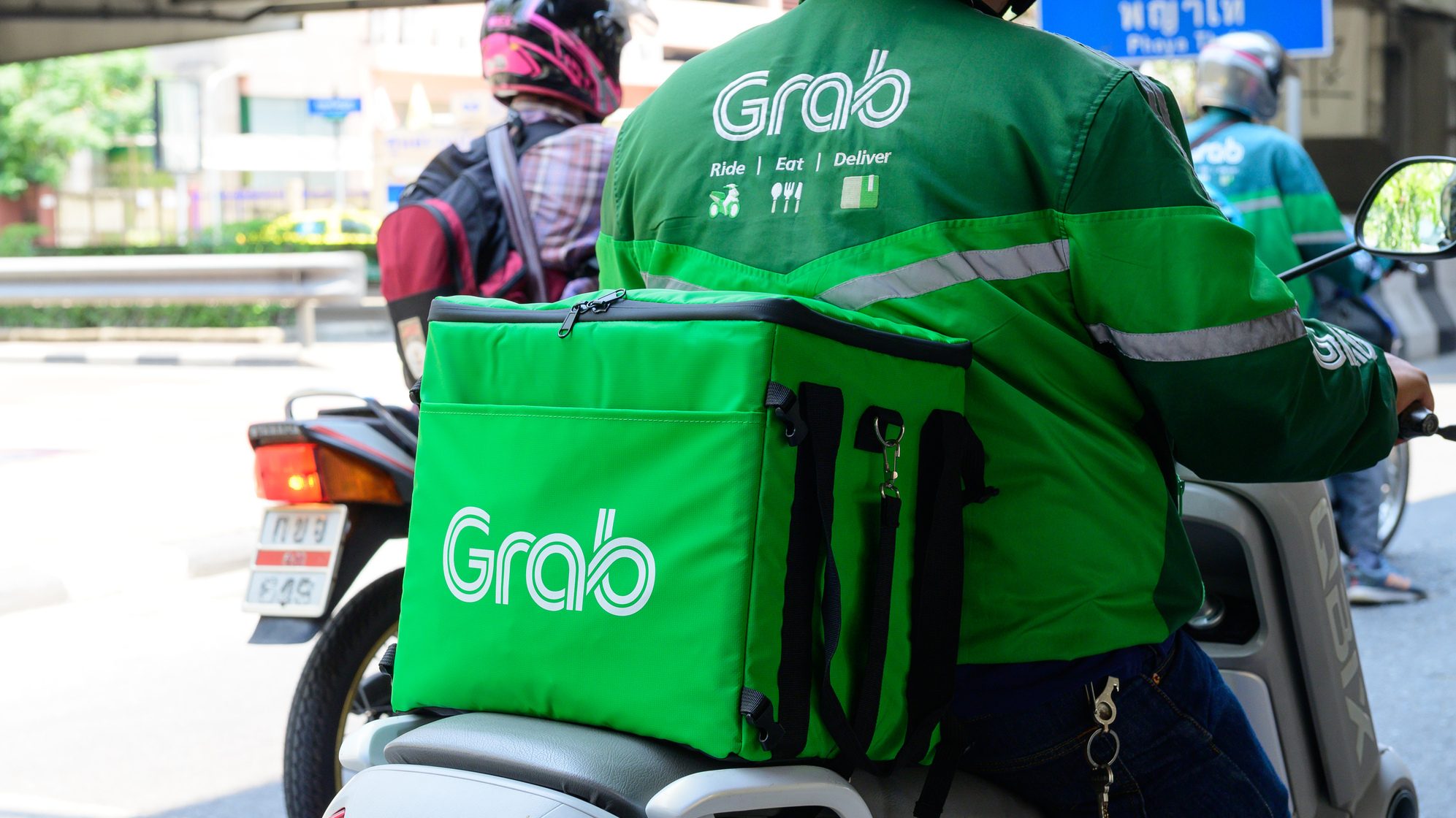SINGAPORE: Grab and Gojek are set to provide more benefits for Singapore drivers and delivery workers from 2025. Grab announced on Oct 3 that it will spend $4 million annually to enhance its welfare programme for Singapore drivers and delivery workers, adding perks like free flu jabs and subsidies for visits to general practitioners. Gojek has also announced plans to improve the range of benefits it offers to drivers in the coming months, as reported by The Straits Times.
These changes come as more attention is being paid to the conditions of private-hire drivers and delivery riders, also known as platform workers.
Grab announced that the $4 million it will allocate annually from its operating budget will be used to support its current GrabBenefits programme, which already offers perks like fuel discounts and medical leave insurance, along with the new perks set to launch on Jan 1, 2025.
The new perks will include free annual flu vaccinations and subsidies for general practitioner (GP) and telemedicine consultations. These consultations will be capped at two visits per year, with a maximum subsidy of $45 per visit.
However, these benefits will be limited to drivers and delivery riders in the top two tiers of Grab’s rewards system.
This expansion follows feedback from drivers and riders, who voiced concerns about the rising cost of healthcare and managing physical issues like back pain, which are often not covered by regular doctor visits.
In 2023, Grab earned US$2.36 billion (S$3.06 billion). It isn’t the only platform offering perks to drivers and riders. Both Gojek and foodpanda also offer benefits like fuel discounts and medical subsidies.
The Straits Times reported that Gojek, which currently offers its drivers GP consultations at a subsidised rate of $12 per visit with no cap on the number of visits, is also looking to expand its support.
On Oct 1, the company introduced a new fuel savings programme after drivers requested more upfront discounts on fuel.
Grab stated that the updates to its benefits scheme are designed to complement the new labour protections under the Platform Workers Act. The Act will provide platform workers with protections similar to those of employees, including contributions to the Central Provident Fund and work injury compensation insurance.
Yee Wee Tang, managing director of Grab Singapore, said that since some of these protections overlap with what the company already provides voluntarily, it made sense for them to review their current benefits scheme.
He explained that the Platform Workers Act addresses issues like work-related injuries and long-term savings, whereas Grab’s benefits programme is aimed more at meeting immediate needs, including healthcare and everyday expenses.
It is unclear how much of the $4 million set aside each year will go toward the new perks, as Grab did not provide details. Grab also did not disclose how much it currently spends on the existing GrabBenefits programme.
Industry experts believe this move is a strategy to retain platform workers, who might be concerned about reduced take-home pay due to CPF contributions.
Li Jianggan, CEO of venture capital firm Momentum Works, said that since driver supply is a key issue in Singapore, “Grab needs to provide additional benefits to influence them to stay.”
In another major development, platform workers will soon be able to form platform work associations with legal powers similar to trade unions under the new Act.
The National Trades Union Congress (NTUC) said it will set up these associations once the new law is in effect.
To encourage Grab drivers and delivery workers to join these associations, the company will pay for six months of membership fees for new sign-ups as part of its enhanced GrabBenefits programme.
When asked if this means the NTUC could gain the authority to formally represent Grab workers in the future, Mr Yee said that the platform worker associations are still in the early stages, and more details need to be worked out. /TISG
Featured image by Depositphotos (for illustration purposes only)

